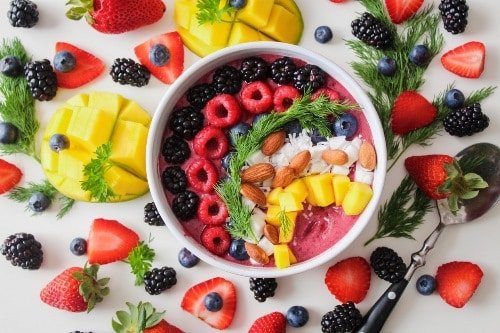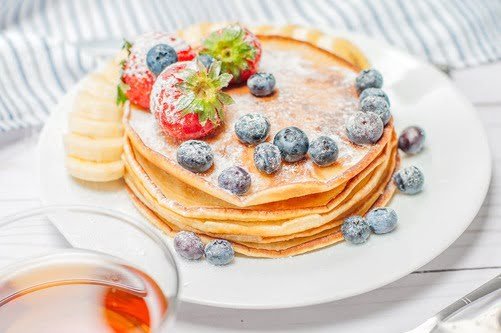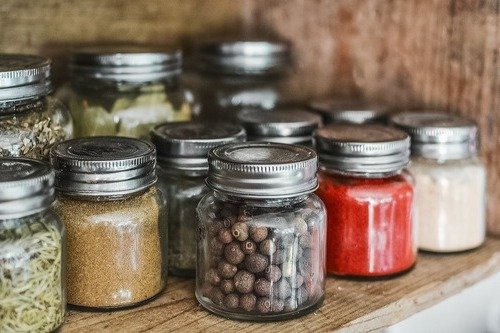5 Misconceptions About Weight Loss – Part 2
Last week, we looked at three common myths that if followed, could derail your weight loss success. This week, we are rounding out the list with the final two myths. If losing weight, and keeping it off, is on your list of goals, we want to help arm you with as much information as we can to set you up for success!
MYTH: Go Gluten-Free to Lose Weight
Gluten is a protein found in grains like wheat, barley and rye. Recently, it’s received a lot of attention, most of it negative. Gluten-free diets were created as a way to manage the symptoms of those with celiac disease, which is a serious condition that causes inflammation of the small intestine and can lead to distressing symptoms, including diarrhea, constipation, gas, bloating, abdominal pain, fatigue, and sometimes nausea or vomiting.
Those who have gluten sensitivity, which is a delayed adverse reaction to the protein, may have similar symptoms and also benefit from avoiding gluten. Keep in mind however, unlike celiac disease, gluten sensitivity doesn’t damage the intestines.
But gluten-free diets have been adopted by people without these conditions. Why? Some eliminated the protein from their diet because they believe they are intolerant to it, while others swear off gluten in an attempt to lose weight. But research suggests gluten is unlikely the cause of your belly bulge, and there’s no direct link between eliminating gluten and losing weight. In fact, gluten-free products are often high in calories and fat, which could lead to weight gain. Meanwhile, many healthy whole grains contain gluten, and avoiding them could deprive your body of valuable nutrients, like protein.
Keep in mind as a general takeaway, anything that eliminates an entire food group probably won’t work for your sustained weight loss. Any diet that is too restrictive will most likely not carry long-term success.
MYTH: You Can’t Eat Your Favorite Foods
As soon as we commit to a diet, many of us pledge to give up unhealthy foods, even the guilty pleasures we love most. Don’t be so quick to go cold turkey on your favorite takeout order or baked goods, though.
If you feel deprived, you probably won’t end up being successful in managing your weight or leading a healthy lifestyle.
The key to losing weight is consuming fewer calories than you burn. It’s possible to fit well-planned snacks, and even the occasional treat, into a healthy weight loss plan. The key however, is keeping track of your calories. Research suggests those who log their daily intake, are more successful at losing weight than those who don’t.
Keep a log of the foods and drinks you consume. Food scales are an inexpensive way to measure portions before filling your plate. A handy notepad or even a kitchen napkin would suffice as a food journal.
You can also keep track of your meals with online apps, like MyFitnessPal. Simply log your foods and beverages, and your workouts, and the app will keep track of your daily intake. If you have a smart watch, you can also link your activity so it automatically keeps track of your daily movement.
Question: What lifestyle habits have you found to be successful in your weight loss journey?








